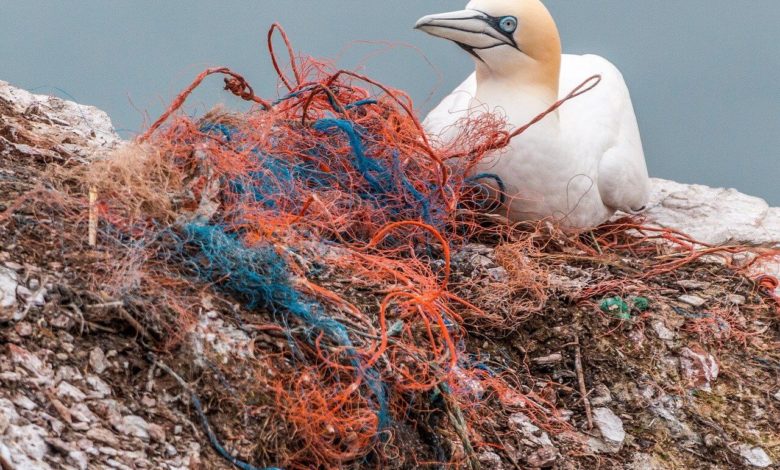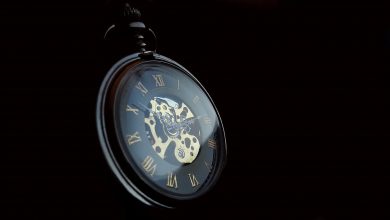
Did you know that a species of bacteria that lives in the oceans produces 10% of the oxygen we breathe? A new study found that plastic pollution negatively affects the oxygen levels produced by bacteria in the oceans.
Researchers from Macquarie University in Australia; He studied the effects of plastics on Prochlorococcus, a species of marine bacteria that makes photosynthesis. They published their findings in their journal Communications Biology. These small microorganisms; They are critical to the marine food web, contribute to the carbon cycle and are responsible for 10% of global oxygen production.
About 12.7 billion tons of plastic enter the oceans every year. Even mammals, birds, fish, and mollusks that can ingest these plastics are at risk for 200 species of marine life. In a publication published by an organization called Fauna & Flora International (FFI), the impact of plastic pollution on human mortality was examined. According to the report, a person dies every 30 seconds in the developing world as a result of the pollution created by an incorrectly disposed waste. The plastic pollution problem is getting worse. By 2050, the weight of plastic in the oceans is expected to exceed the weight of fish.
The research group working at Macquarie University; applied chemicals extracted from plastic bags and PVC coatings to two different Prochlorococcus breeds. This chemical application; They observed that bacteria significantly reduced growth and function compared to control bacteria.
The researchers also observed changes in the bacteria’s gene activity. This means; genes were not as active to produce protein as under normal conditions. More importantly, bacteria that were exposed to the chemicals found in plastics produced less oxygen. According to the data obtained, plastic pollution was affecting the entire ecosystem, beyond large living creatures. In order to know the full effect of plastic pollution on marine life and to find ways to reduce pollution, it is necessary to know its effect on microorganisms, including photosynthetic bacteria.
What can we do?
If you’re worried about plastic pollution and wondering what you can do about it, an organization called the World Wide Fund for Nature (WWF) offers 10 tips to reduce your plastic footprint. These;
1) Carry a reusable coffee mug. Only less than 1% of single-use coffee cups are recyclable.
2) Carry a recyclable water bottle. Disposable plastic bottles are a major cause of beach plastic pollution, and seabirds often swallow bottle caps.
3) Avoid using plastic cutlery or use recyclable plastic cutlery. The average person uses 466 pieces of plastic cutlery each year.
4) Use paper straws instead of plastic when you need to use straws. It takes 200 years for plastic straws and mixers to break down in nature.
5) Use foil instead of sticky film. Because foil is recyclable but not stretch.
6) Do not use tea bags. Because disposable tea bags incorporate microplastics into the waterway and nutrient cycle.
7) Do not consume chewing gum. Because gums are often made from plastic. However, there are also alternatives that do not contain plastic.
8) Stop using glue. Plankton and fish can deplete the microplastic in the glue. However, as with chewing gum, there are adhesive alternatives that are degradable and environmentally friendly.
9) Buy milk in glass bottles instead of milk in plastic cardboard packaging. Because plastic cardboard packaging is not suitable for recycling.





